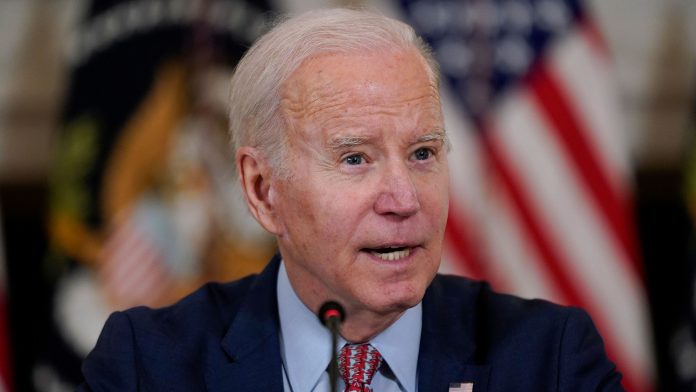Vidya Sethuraman
India Post News Service
The Senate recently passed the “Debt Ceiling Act“, extending the national debt ceiling until January 1, 2025, avoiding the financial crisis caused by debt default. Many experts believe that this is possibly one of the most dangerous and futile standoffs on raising the debt ceiling that the U.S. government has engaged in, but an agreement was struck between the White House and the Republican leadership, and Congress has the last word. EMS briefing on June 2 had experts from different facets of the Business and Economics arena. They discussed in detail its effects on the economy.
Nearly every year, the government spends more than it collects in taxes and other revenue, resulting in a deficit. The debt ceiling is the maximum amount Congress has set for the federal government to borrow to meet incurred payment obligations, and the government hit $31.4 trillion in January. The two parties finally passed a unanimous agreement to extend the debt ceiling and limit fiscal spending. President Biden said to preserve US economic progress it was critical to keep the country’s full faith and credit intact. “The stakes could not have been higher,” he said.

Rachel Snyderman, Senior Associate Director, Business and Economic Policy at Bipartisan Policy Center said that in the past few years, the United States has repeatedly fallen into debt crisis and is in an era of bipartisan polarization. As the world’s largest economy, debt defaults cannot occur every few years. Facing a difficult situation, it is urgent for the two parties to unite and reach an agreement. The Biden administration has made a lot of efforts and compromises. The new resolution reduces the risk of the debt ceiling, but cutting some fiscal expenditures will sacrifice the interests of the poor, and may reduce the social welfare programs that tens of millions of families depend on for survival, including medical insurance, drugs and other items will be affected.
Shannon Buckingham, Senior Vice President for Communications and Senior Counselor, Center on Budget and Policy Priorities said the U.S. is not in default now, but is preparing for a crisis. Failure to reach a bipartisan agreement would result in a debt default that would destabilize the economy of the country, and the world, and hit society’s most vulnerable. Republicans want to cut spending on the grounds of raising the debt ceiling. Buckingham believes this is wrong, because cutting budget spending will deprive many people of benefits, such as medical care, food and other assistance programs. Buckingham gave examples of specific projects, pointing out the specific impact of the national debt problem on people’s daily life

Lindsay Owens, Ph.D., Executive Director, Groundwork Collaborative said the debt ceiling was not about future spending, but about paying back what was owed now. The United States uses the debt ceiling in a very unique way. Owens said that throughout the debt-ceiling impasse, financial cuts had targeted the poor, not the rich, and she believed the government needed to tax the rich more, with an outdated tax system hurting the economy.







